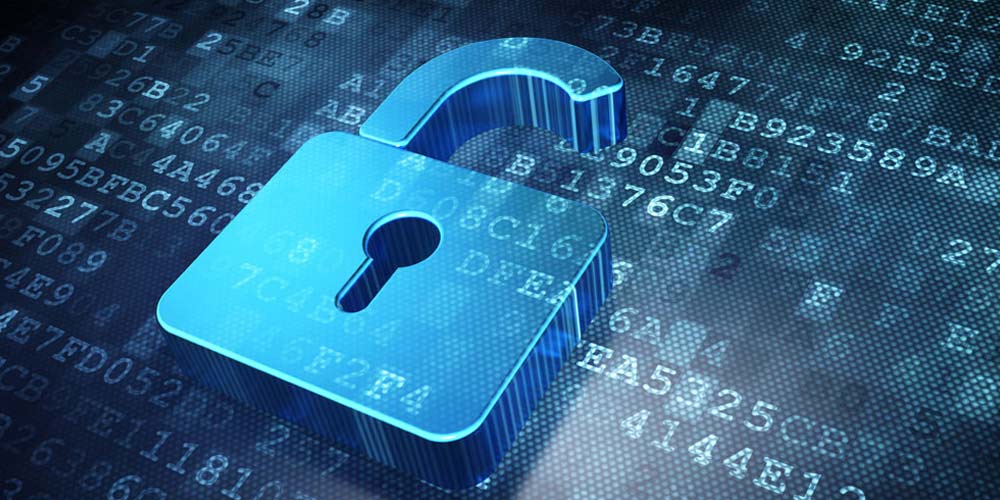When the internet is practically where everyone is at, the network is full of both goodies and baddies. One of the foremost mentioned protection to your system is antivirus software. And when considering your safety on the web, internet security software are there to defend you.
With the many choices you have, should you really pay to have your system secured? Or is free internet security sufficient for the job? Or should you just rely on your senses and not do anything "weird"?
Internet security software is another term for a swelled and "renamed" antivirus for the web. At first, the development of antiviruses was once a noble cause. They help communities and users to secure their computers. But when oppositions bloom and the competition tightens, antivirus software that were created by private and commercial entities have to have the same agenda, and that is no others than making money.
Here, when concerning the internet, internet security software can be downloaded for free from some familiar names. From Microsoft's Security Essentials, to AVG Free, Avast, Avira, and many more.
While people can use them for free, commercial entities which created them had to bolster revenue streams. And that they do by bundling the free software with more items and features such as antispyware, firewalls, online backup and parental control to name a few.
These "extras" should protect your system step further as they claim. But do you really need such things?

Understanding The Silence
Your computer should be on if you want to do something with it. As for most modern computers, they're more likely to be connected to the internet and have plenty of software and apps installed, ranging from productivity, personal to games and video-photo editing software.
While your computer is on and is left on its own while you're doing something else. Obviously no one is using it. But what lies behind the curtain is much too complicated than that silence. Your computer may be showing a screen saver with a password to keep anyone from touching it. But what's behind the scene, your computer's RAM and physical hard drive are still working. If your computer system has one, you may see their activities with the blinking LED that indicatea your computer's state that never "stay quite" when it's on.
Don't let the silence fools you because what your computer does without telling you is reading, accessing and writing files continuously even when you stopped interacting with it.
From your OS that connects to the internet and asks for updates, your online cloud storage that wants to upload the remaining files you synced hours ago, the website that still loads when you left your computer, the news feed that pushes data, OS that wants to read a connected thumb drive, your OS that updates its registry and many more.
While you can actually know what sort of activities your computer is doing behind your back, it's actually difficult to pinpoint what a certain task does that affects the next.
Security features can limit those activities.

Your Habit And Your System Are Reflecting The Cause
People on the web are there for a multitude of reasons. From keeping up with their friends on social media networks, post photos and pictures using popular photo-sharing apps, streaming videos, downloading songs or software, participating in blogs and forums, maintaining a website, doing online transaction, purchasing goods on e-commerce sites and many more.
The usual things people do, should be safe. Or is it not? Unless they wander to explicit sites and places that homes pirated contents, downloading torrents or accessing explicit materials, should they be safe?
The answer is relative. While a website should and could be safe to visit, the links that are in it may not. Posts could be injected with malicious scripts that can harm both the website and its visitors. There are many probabilities.
Internet security has a role here. They intercept your system's communication efforts and see it at a glance whether the place you're about to visit is safe or not. Firewalls act as a medium that limit the communication so software and anyone else on the web for that matter, can't be free to come and go.
Most if not all free internet security software do come with these basic security options. You can actually set them to do many things so your system can be safe from most malicious attacks.
But when the question should be answered, your needs for purchasing a third-party internet security is not the most obvious option as it was years ago.
Modern operating systems, are already bundled with their own security options. As an example, firewall software first took off in 2003 when Windows XP had gaping holes where hackers can intercept communication and install malware and worms through it and to other connected PCs. But Microsoft eventually responded with its own firewall in Service Pack 2, and the feature has been on by default ever since. Mac OS X and Linux which are also popular operating systems but less common if compared to Windows, have their own security options despite being safer than Windows to many extent.
When considering using third-party internet security, paid ones do offer more arsenal than the OS-owned security feature. They're bundled and sold at a price. The free ones can be downloaded for free, and are to some degrees similar to the built-in security.
But to some extent, it doesn't mean that you do need them.
It comes to the very basic: your habit on the web, and the apps/software you installed or going to install.
If you do surf the web, wander through the ocean of links through links, click on ads, and like to download software and torrents, your best bet could be a paid antivirus to go beyond the limit of built-in security options you have on your OS. On the other hand, if you're just a person who likes to check on status updates without the eagerness to visit external links, use your computer system in a closed network, have genuine and regularly updated OS, no pirated apps/software installed, and rarely visit or download things you don't know what they are, and never open weird email attachments sent by unknown senders, you have the highest chance to be safe.